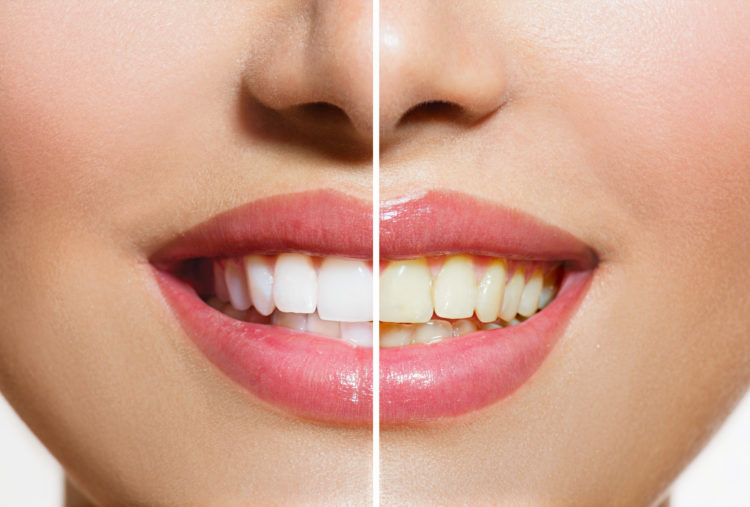The Difference Between Crowns and Veneers, and Which is Right For You

Dental crowns and veneers are two of the staple treatments of the dental world. Each is performed every day across the world on countless numbers of patients. While these two treatments are strikingly similar in many ways, they also have distinct differences that dictate when and how they should be used. Let’s take a look at the similarities, differences, and when each makes sense.
Crowns and veneers are both comprised of thin shells of porcelain and are meant to be permanently cemented on to your tooth. Thus, the procedure for getting crowns and veneers is essentially the same: the tooth (or part of the tooth) is gently shaved down by a few millimeters to make room for a new casing of porcelain to be attached on top.
Both crowns and veneers can add strength and improved appearance to teeth, among other things.
But crown and veneers also differ in important ways. Unlike crowns, which cover the entire tooth, veneers cover only the outer surface (hence the name). That being the case, it is easy to see what the different applications are for each.
Dental crowns can be placed on any tooth in the mouth, and can be done so for different reasons. More often than not, a crown in placed to solve a problem such as decay, cracked teeth, and so on. In contrast to veneers, crowns often solve problems that go far beyond aesthetic concerns.
Veneers, on the other hand, are primarily used to improve the appearance of teeth. And because they only cover the outer surface of teeth, they are placed exclusively on front teeth and occasionally premolars, depending on the situation. Although crowns also serve a major cosmetic role, it is veneers that typically do that job exclusively.
Whether you have broken or worn down teeth or teeth that could stand to have some cosmetic rejuvenation, crowns and veneers are the most likely solution. Crowns are the best treatment when the teeth are suffering from some sort of pathology, and veneers are best when a simple cosmetic upgrade is desired. Talk to your dentist to find out which is best for you.


No Comment